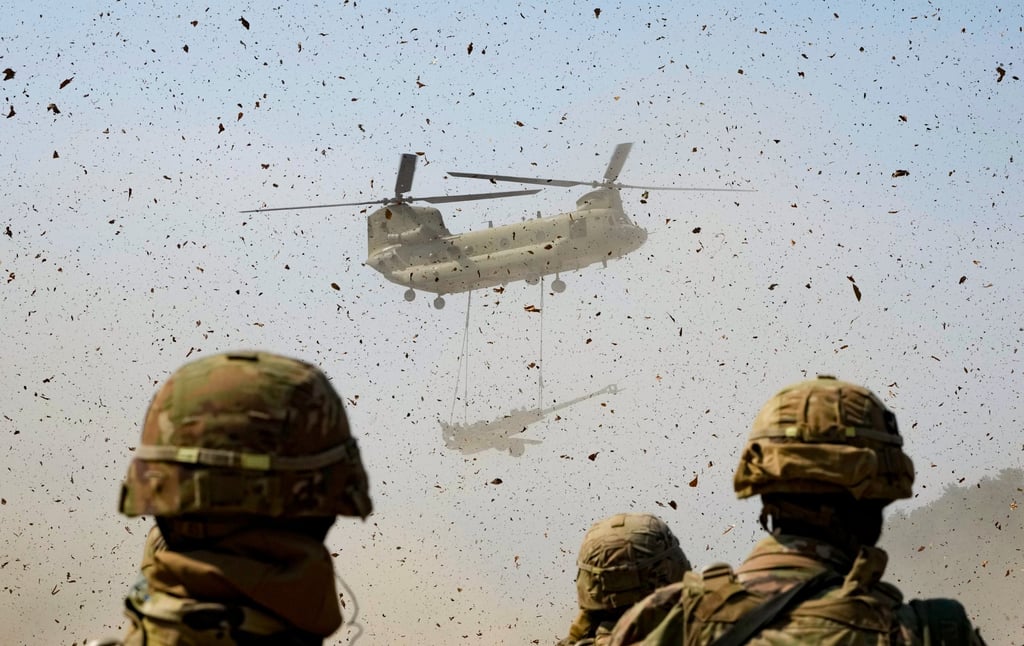US-South Korea military relations, which focused on North Korea, now have a China-sized gap
There are also suggestions that the roughly 28,500 US troops stationed in South Korea should contribute to deterring China.
“It’s not just DPRK (North Korea) that threatens the Republic of Korea (South Korea),” LaCamera was quoted by local South Korean media as saying at an online forum in Washington. He was responding to a question on the growing calls in Washington for US forces deployed there to shift their focus to potential Chinese threats.
Article III of the treaty states that each party declares that an armed attack “in the Pacific area on either of the parties” would be dangerous to its own peace and safety, and each side should “act to meet the common danger”.
Article IV indicates that South Korea grants the US the right to deploy land, air or sea forces on its territory “as determined by mutual agreement”.

It was “remarkable” that a top US military leader had “so openly” said it was not just the North that presented a threat, he told This Week in Asia.
“The United States is eager to integrate South Korea in its efforts to push through with its global strategy,” said Kim of the splinter opposition group Rebuilding Korea Party.
This development suggests that Japanese troops could potentially intervene in conflicts on the Korean peninsula and in the Taiwan Strait, a significant change that could impact the region, Kim said.
The group would have a commanding right over South Korea’s half-million troops if a war breaks out on the Korean peninsula.

Kim and other opposition lawmakers are gathering signatures to pass a parliamentary resolution by the end of the year to “help the government fend off” mounting American demand for the South’s interventions in global challenges such as those over the Taiwan Strait or the war in Ukraine.
Lee Il-woo, a senior researcher at the Korea Defence Network, said South Korea faced double threats from Pyongyang’s nuclear arsenal and China’s missiles in Shandong and Liaoning provinces aimed at the South’s western coast.
Seoul did not want to “grate on China” by highlighting threats from its largest trade partner, he said.